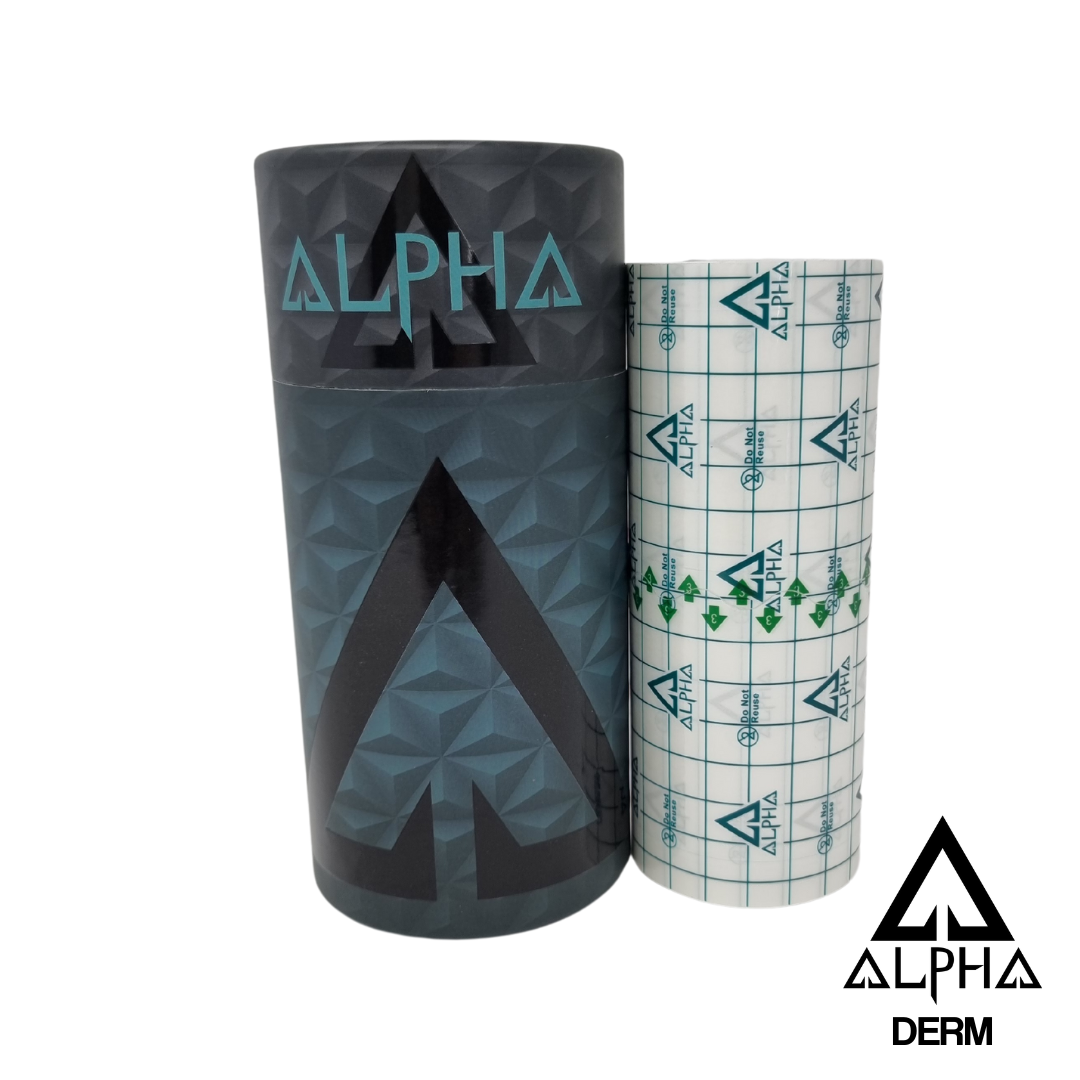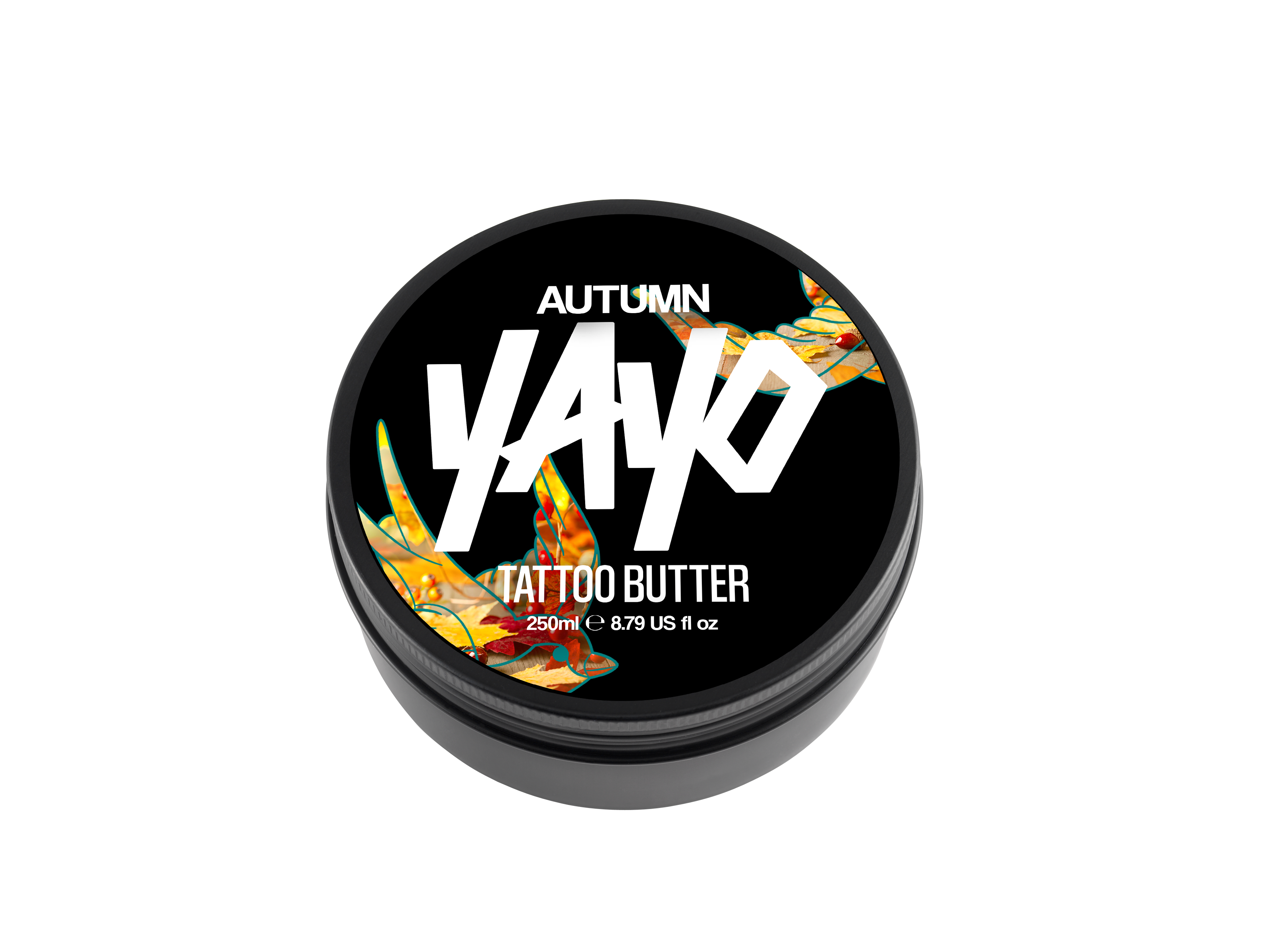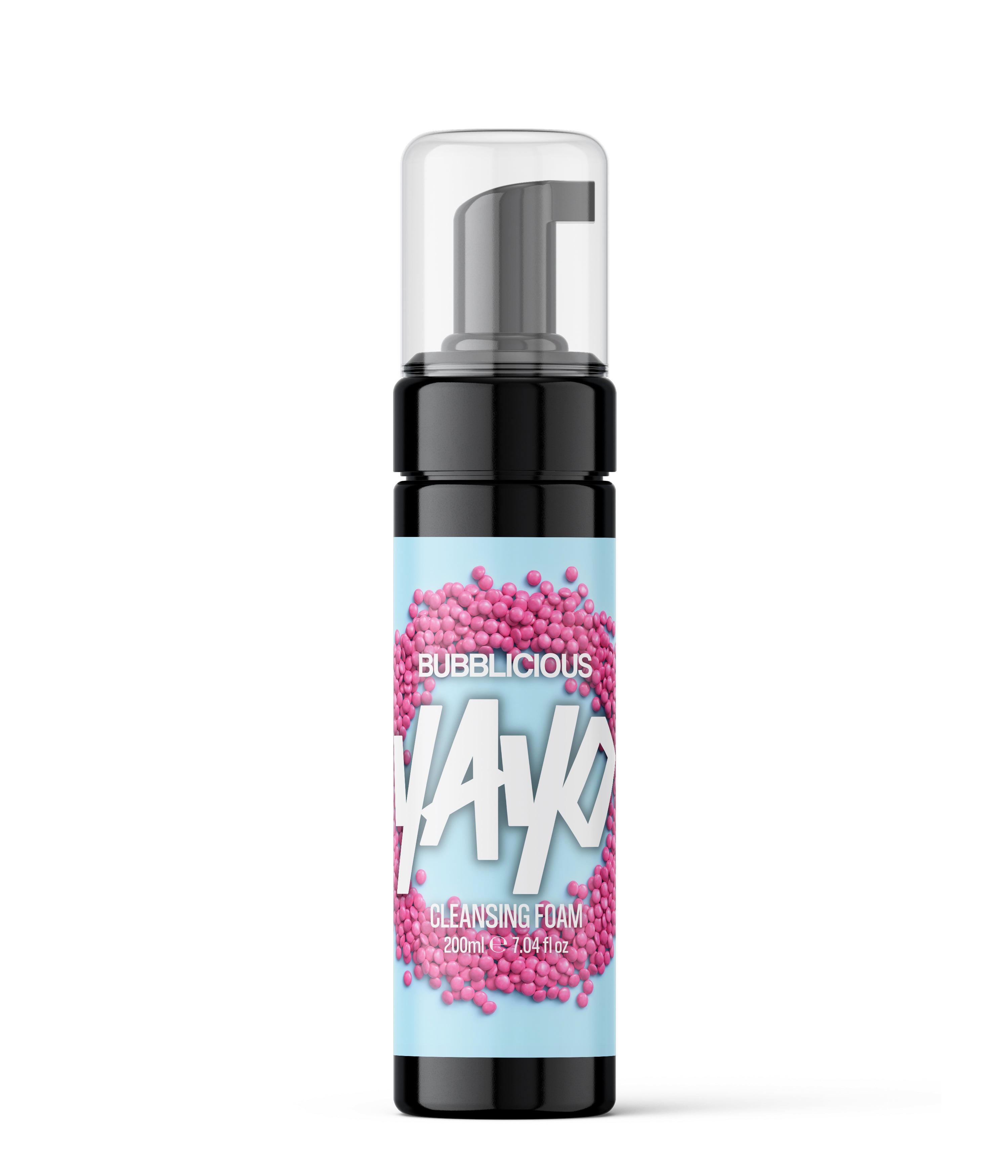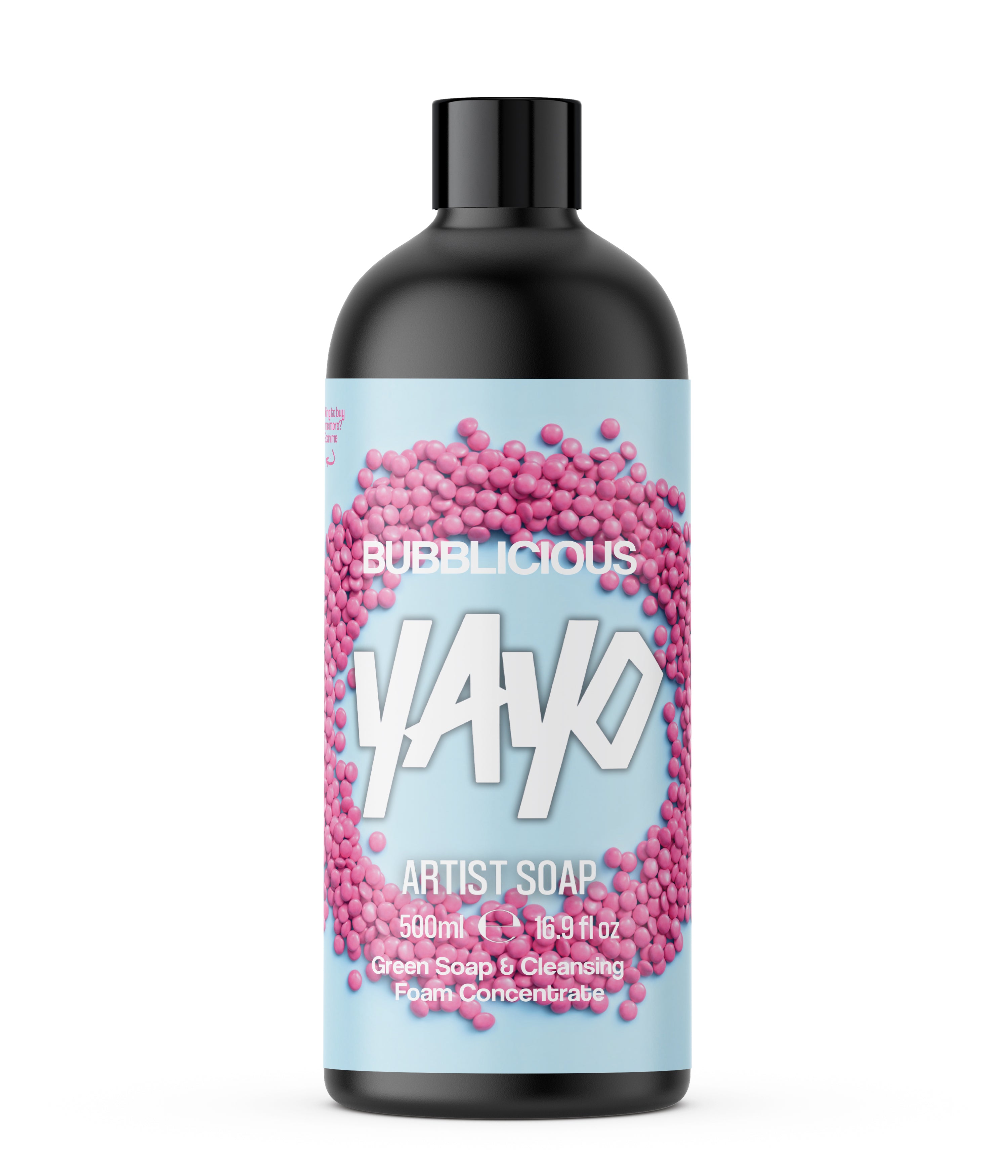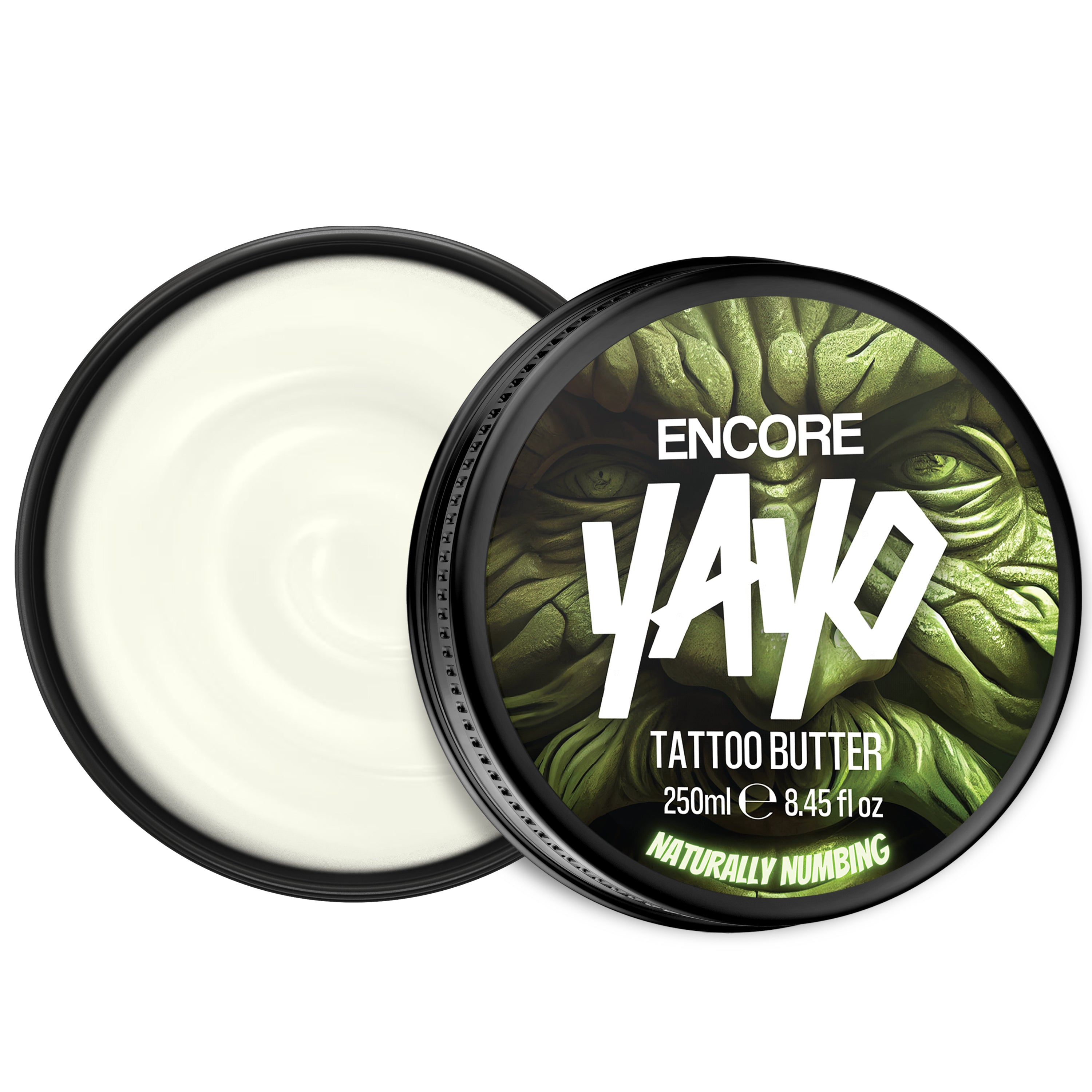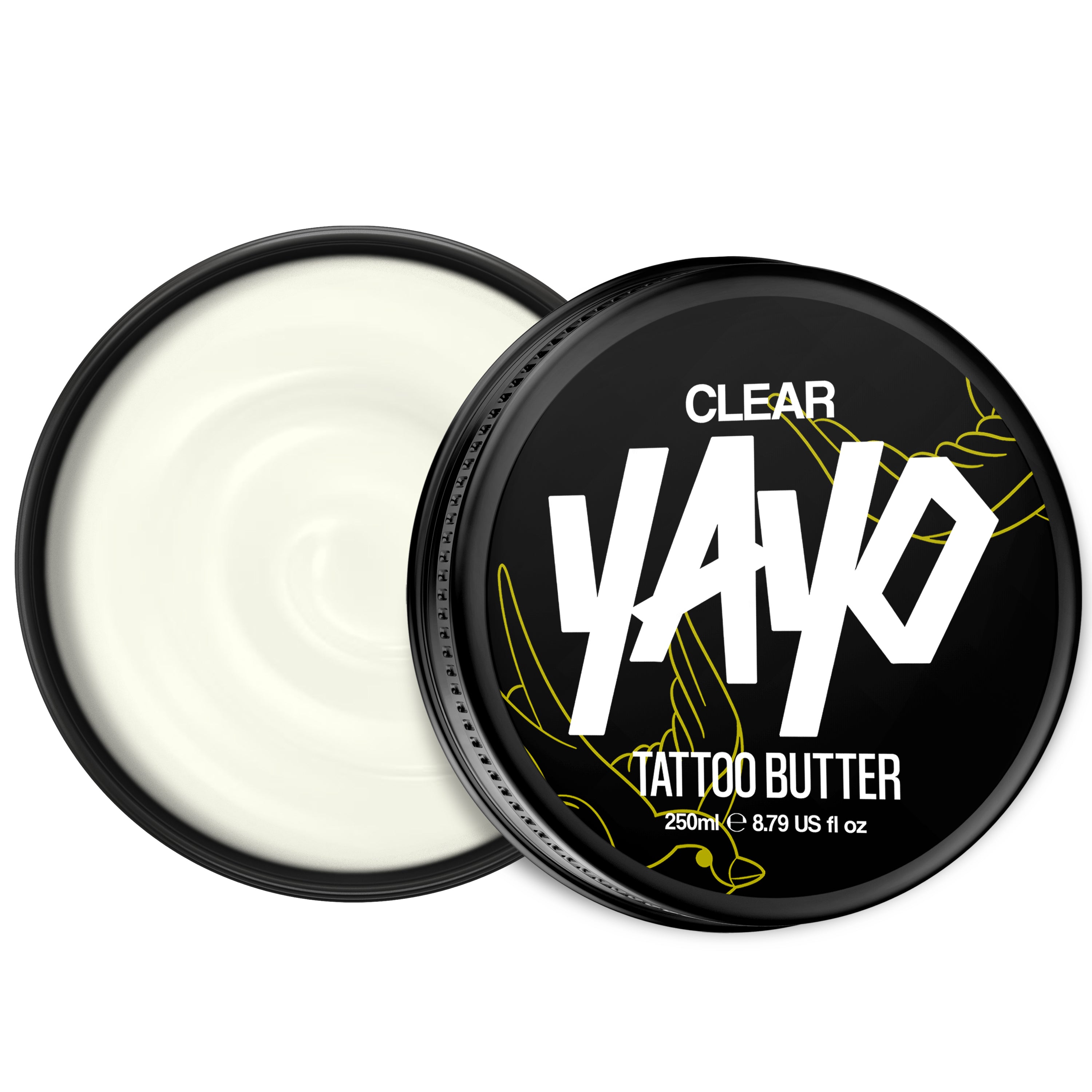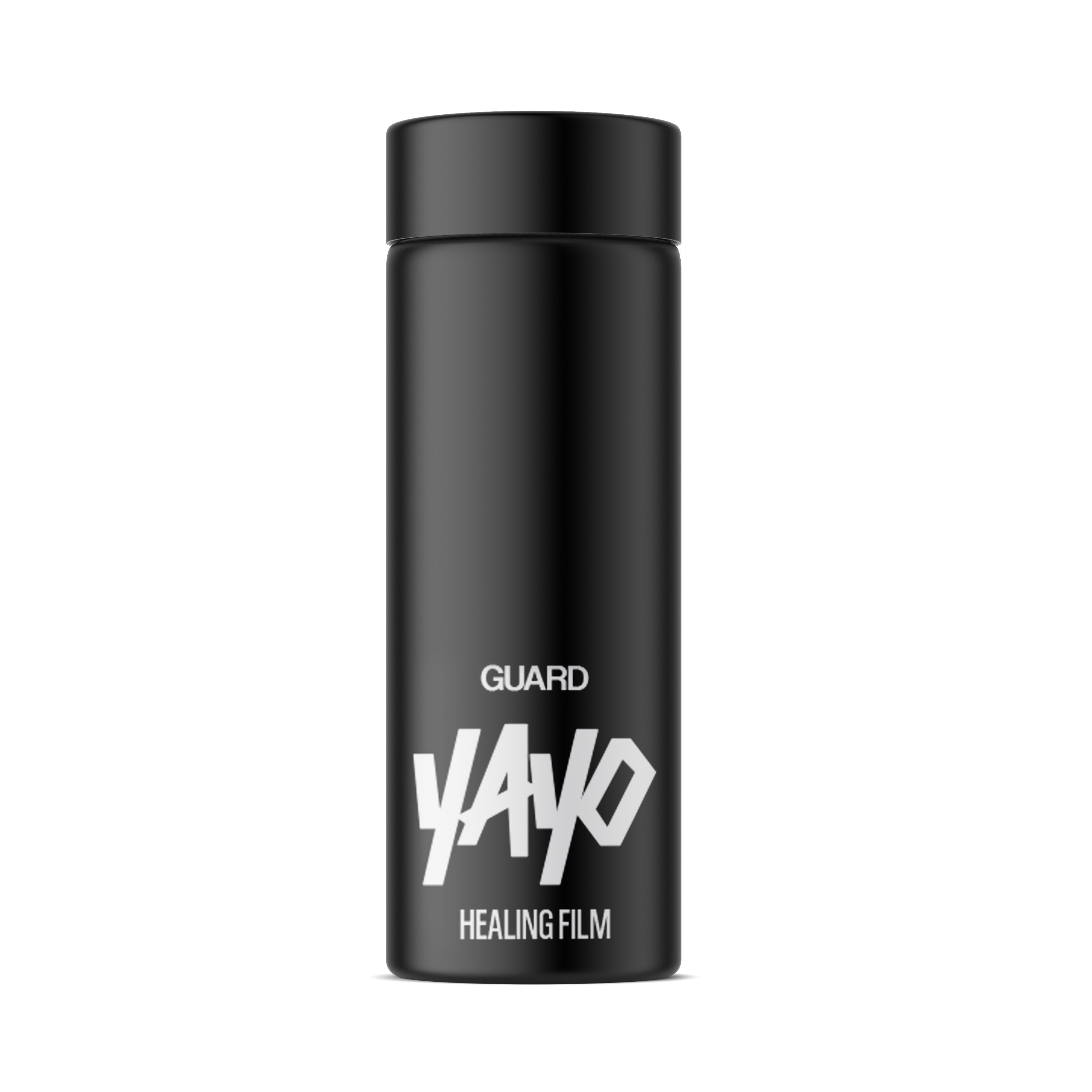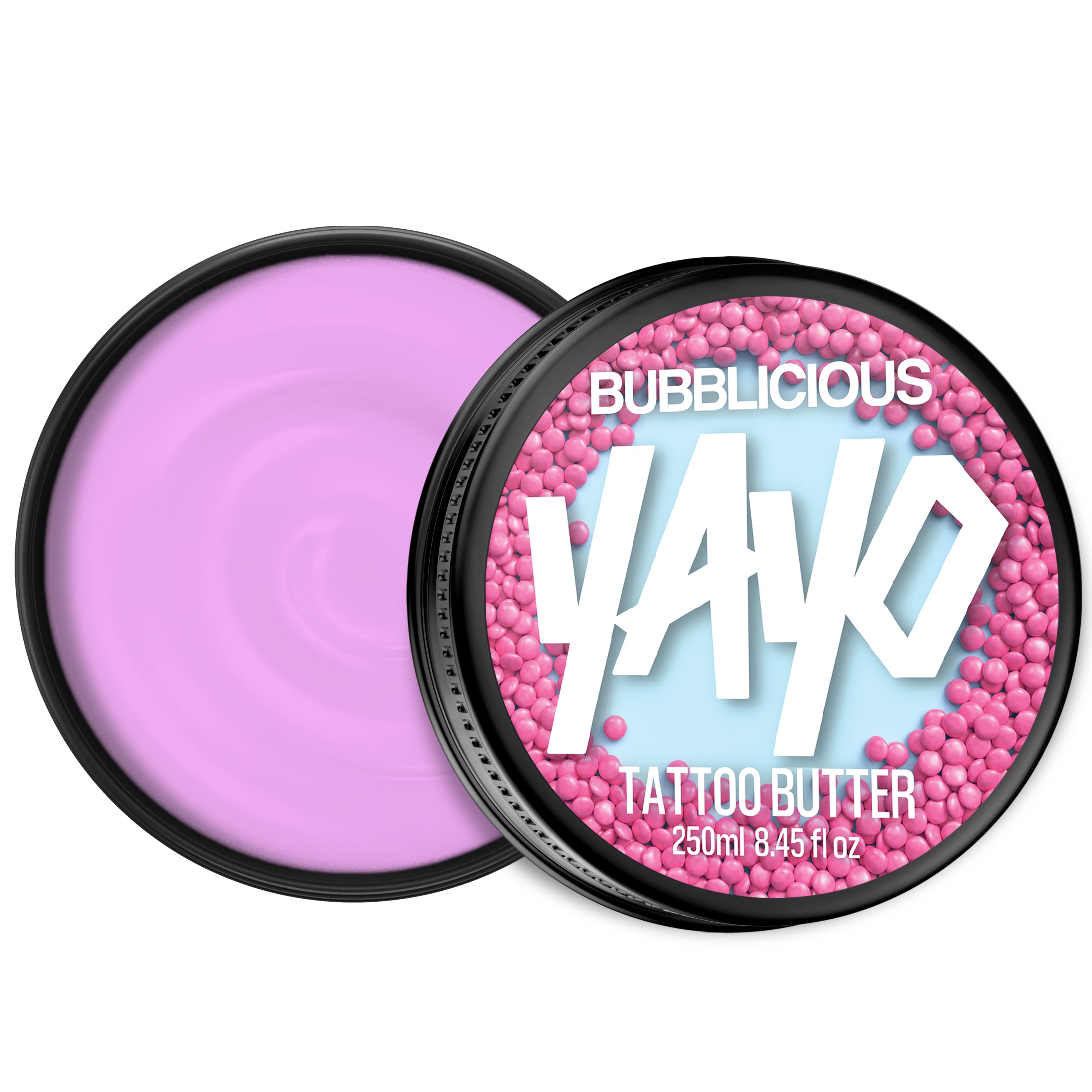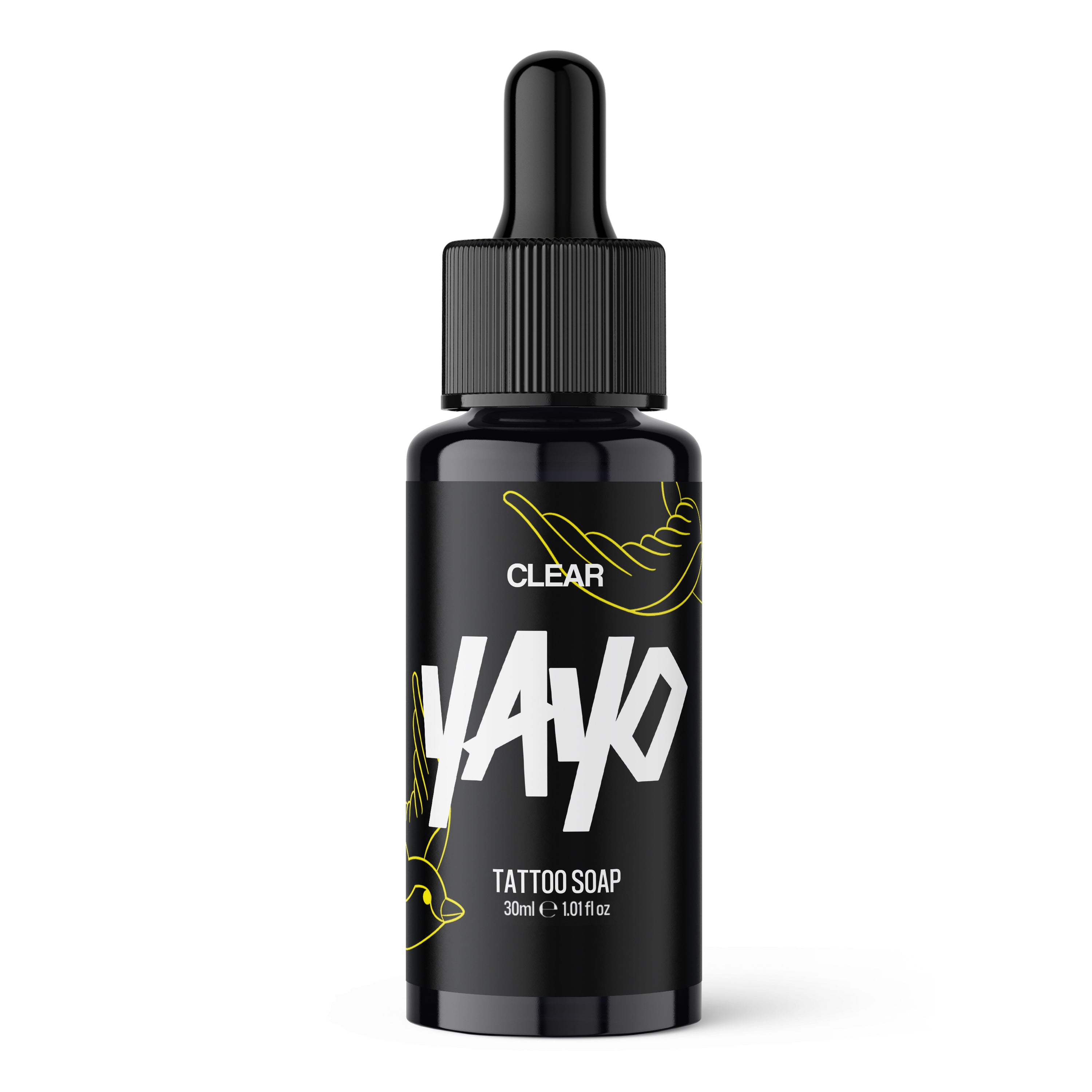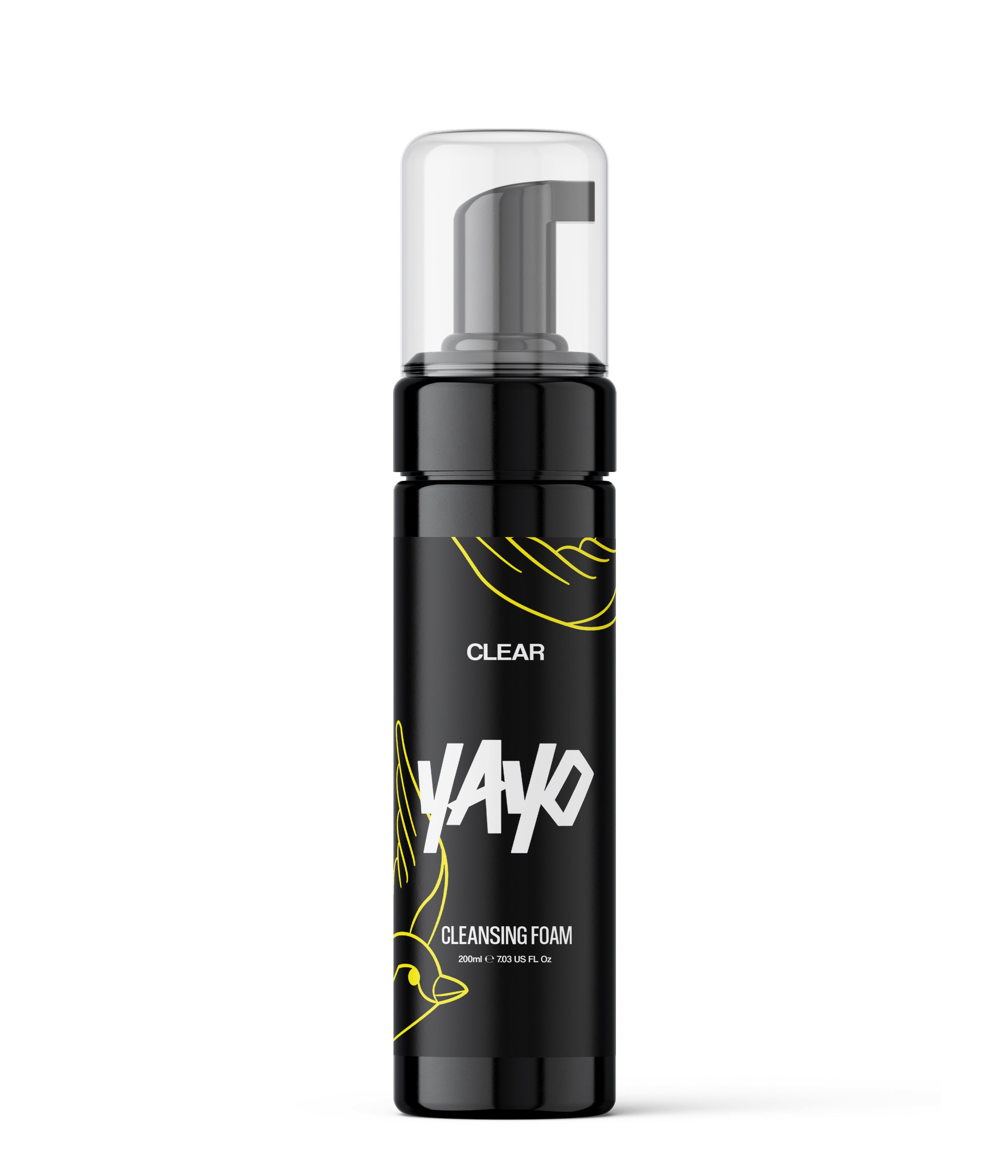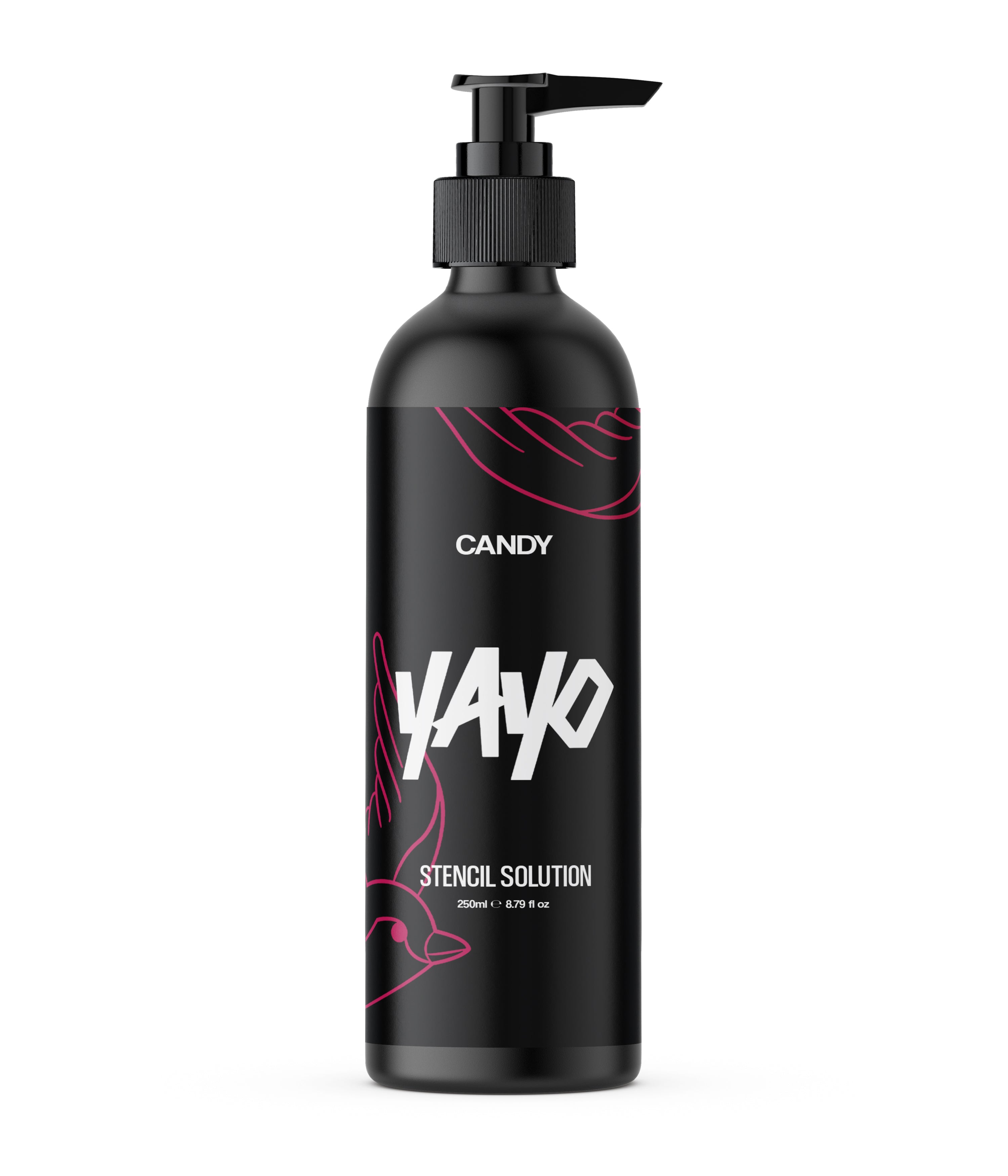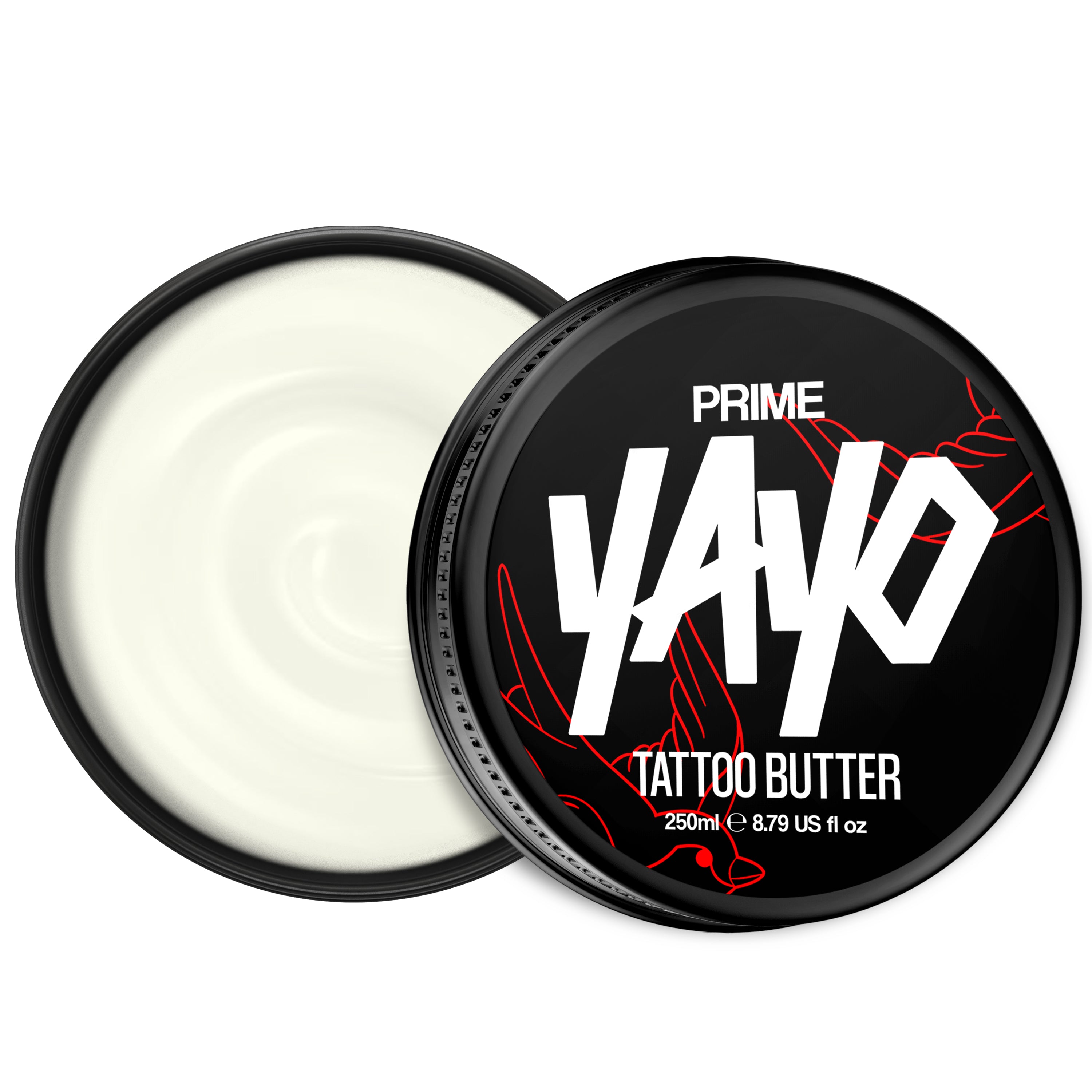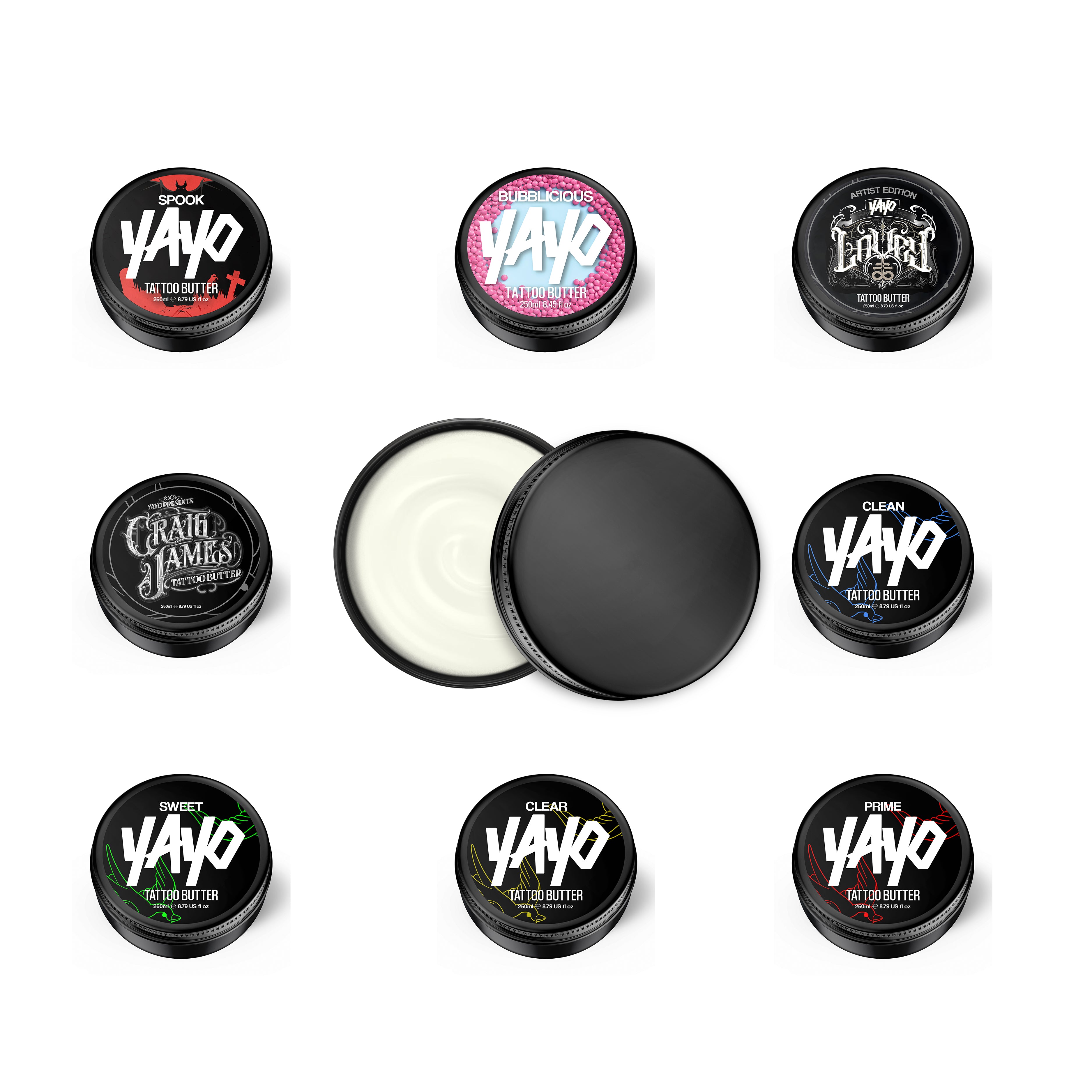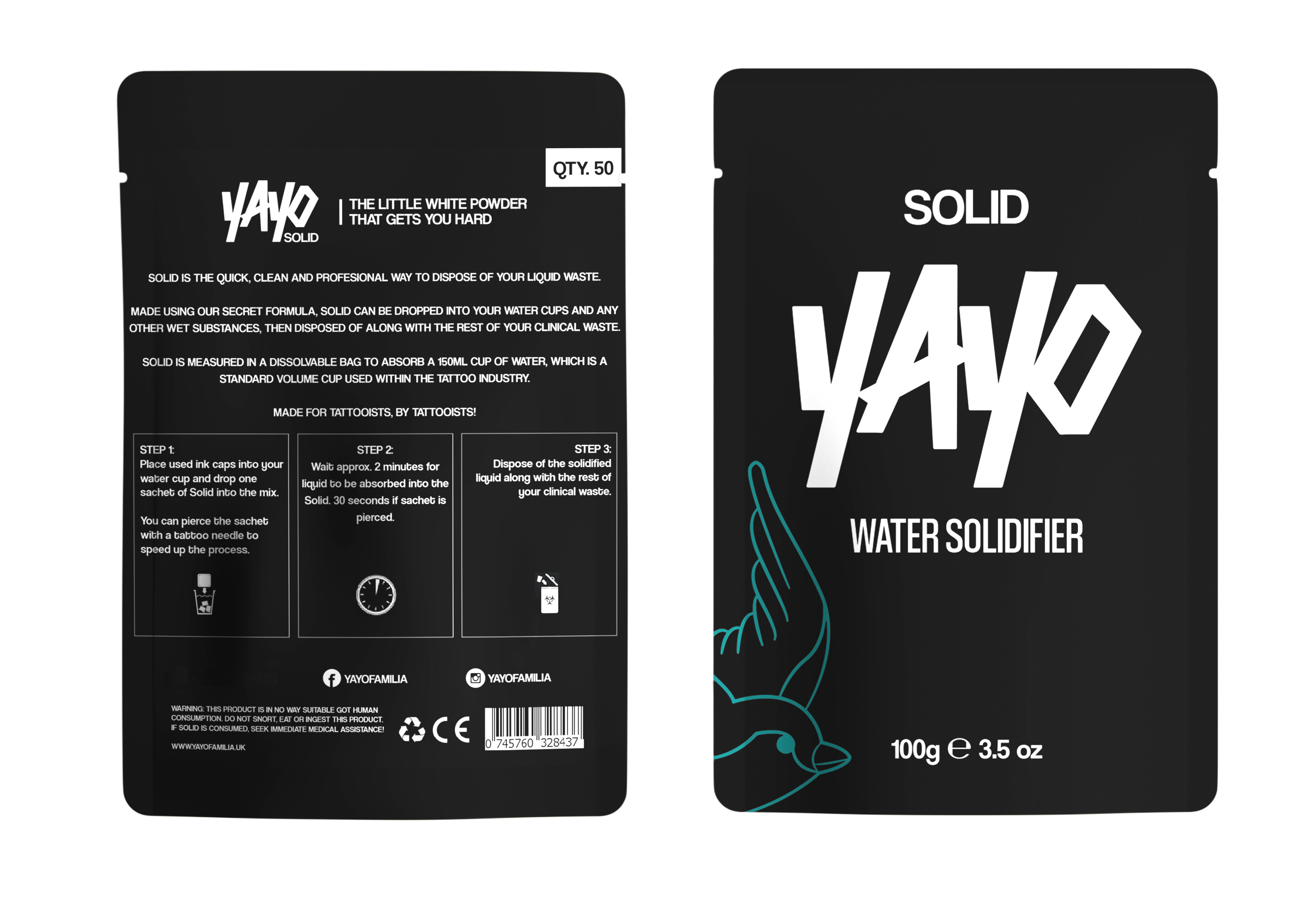The end of an era; Yayo investigates the demise of Skin Deep Magazine

Just before the Covid-19 crisis shocked the world and shook tattooing to its core, a quieter catastrophe hit the industry. With little fanfare and even less ceremony Skin Deep, the UK’s biggest selling tattoo magazine, ceased publication. But how did the UK’s best selling tattoo magazine come to such an inglorious end? Yayo sent out investigative journalist Matt Haddon-Reichardt to find out.

When I started writing for the tattoo industry some 8 years ago the Holy Grail I sought was an article in Skin Deep magazine. Back in 2012 the publishing industry was riding on the coattails of the tattoo boom and I wanted to get my writing in the self proclaimed biggest and best magazine in the UK. There were plenty of tattoo magazines on the shelves of Britain’s newsagents but it was Skin Deep that seemed to occupy the most space on tattoo studio coffee tables across the land.
After some hard work, perseverance and a dash of luck I finally made it into the pages of Skin Deep and for the next 6 years my articles and interviews made regular appearances in the Daddy of tattoo magazines. Then suddenly at the beginning of March Skin Deep ceased publication. No announcement was made in the media and there was to be no final issue. I wasn’t even notified directly, I found out through my co-writer Dave Perry. At least the parent company Jazz Publishing had the decency to let subscribers know and refund them.
In an attempt to find out why the biggest name in tattoo print had died a death I contacted Dave Perry. Dave had been working on and off for Jazz Publishing for over a decade and before that had been a lynch pin of the UK gaming industry.
"It is becoming harder and harder for printed media to make a profit these days."

“After years of working as a freelance games journalist, I began my career in earnest as a deputy editor at Intermediates Ltd. Europe’s largest video games mail order company, based in Sawbridgeworth. Those were wonderful simple days, I learned fast and within a year I was the company’s Publishing Manager, producing their in-house subscriber magazines. From there I joined new publisher Paragon Publishing to work on a games magazine called Sega Pro. After almost six years, and hundreds of magazines later, I left Paragon as Managing Editor and went to work as European Marketing Manager for THQ, before returning to Publishing with Rapide Publishing, where I eventually became Editorial Director.”
“In 1999 I launched my own publishing company, Predator Publishing and edited and produced a movie magazine called DVD Monthly for seven years, along with a car magazine called Diesel Car. In 2010 I took over as the editor of Tattoo Master Magazine.”

Dave has a unique perspective on tattoo journalism as he is both a writer and an artist.
"I began learning to tattoo in the late 80s. Art has always been a major part of my life. I attained a diploma in design and photography and went to the Bath Academy of Art to study for my BA Hons degree. But to be fair tattooing wasn’t a great job back then, and so I concentrated more on designing, writing and producing magazines, which eventually led to TV work, and so tattooing got put firmly onto the back burner. However, it was always there, eating away at me. Then in the noughties I could see the writing was on the wall for print media, and I had long given up the TV work, so I found myself being drawn back to the world of tattooing. I had a strong desire to return to the world of art that had so dominated much of my early life. I also wanted to return to my home town and open a studio. Then, along came Miami Ink and changed everything. Suddenly tattooists we’re becoming respected as artists by the general public. People were beginning to understand what custom work was, rather than pick flash off of the wall and more and more customers were asking for bigger, more challenging work. I was hooked, tattooing was in my blood.”
Dave’s relationship with Jazz publishing was both professional and personal
“I consider the owner of Skin Deep, Stuart Mears, a good personal friend. I know he has his detractors in the world of tattooing, but he has always been a great guy to me. As a professional writer and former editor and publisher myself, I am always glad to take on freelance work; to keep my hand in, so to speak. I also quite enjoy seeing my name in print. So I wrote articles regularly for the magazine, and then in 2010 I helped Stuart out by taking over as editor of Tattoo Master magazine for a year. Which I thoroughly enjoyed, even though it massively increased my workload, when combined with running my own tattoo studio as well. But editing and writing for magazines like these also give you the opportunity to meet and talk to people you have admired for a long time from afar. I got to chat with the likes of Brandon Bond, Seth Ciferri, John Anderton, Dave Corden, Nikole Lowe and so on. It was eye opening and an invaluable opportunity.”
"Historically, the tattoo industry likes to keep its business under wraps"

So why, despite its reputation did Skin Deep fail?
“It is becoming harder and harder for printed media to make a profit these days. I do not know exactly what happened to Skin Deep, but if you look at the magazine racks in any newsagents these days, the once plentiful specialist sections are becoming thinner and thinner. For decades glossy magazines were the only real way of getting hold of information about artists from all over the world and getting to see their work outside of going to conventions. These magazines were essential reading for tattoo collectors and artists alike. However, over the past decade, with the steady growth of social media sites like Instagram and Pinterest, and the increase of dedicated websites and forums, the role of the traditional magazine has become increasingly diluted. Everybody seems to be in a hurry these days and are more than happy to find what they want to read or look at online... for free. This has resulted in falling sales, although the cost of actually producing a magazine has increased. Especially the cost of distributing it and getting it out there. Added to these problems, there has always been an issue with advertising revenue for tattoo magazines. Many publications make a large part of their income from selling relevant advertising within their pages. The trouble is, the tattoo industry in general does not like to see advertising for tattoo supplies etc. going into magazines where the general public can read them and find out how to get hold of their own equipment. Historically, the tattoo industry likes to keep its business under wraps, to stop scratchers and kitchen wizards appearing. So this makes finding advertising for tattoo related publications somewhat problematic. Once again, another revenue stream strangled.”
“It was a magazine motivated by greed."

Paul LaVey is one of the Yayo Pro team and a highly respected artist. He has a very different view of Skin Deep and the business practices of Jazz Publishing.
“It was a magazine motivated by greed; the editor was the most arrogant c@#t going. I've witnessed firsthand how some of the biggest well known names got big as they literally bought people who worked for Skin Deep hotel rooms, gifts and then like. I mean it really worked as they were published a lot. The awards were an absolute joke. Best newcomer award, that persons studio was plastered all over the convention floor before it was even announced. Best international artist award was the guy who designed the trophies. These are just a couple of examples of what a farce Skin Deep was. But the tattoo industry isn’t stupid. People clicked on and a lot stopped attending so they needed to fill booths and their shows became scratcher fest.”

I can’t help but think that even if Skin Deep had limped on for a few extra months Covid-19 would have finally put it to bed. Dave is in agreement.
“Print is dead. There can be no doubt. The market has evolved, and not for the better. However, there remains something warm and familiar about a physical publication. From a contributors point of view, it is always way better to see your article or interview featured in an on-shelf magazine, than online. So we have to hope that as the market shrinks, the last remaining publications will survive, benefitting from the lack of competition. But it is not likely. We may see the reemergence of the fanzine once again. Passionate publications produced not for profit but from passion. But I fear that even without this coronavirus, the golden age of specialist press magazines has long since gone into cardiac arrest.
“Print is dead."

For many of us who have a love for print and refuse to get a Kindle it is a scary thought that tattoo writing will only exist in the digital realm. dave feels the same way.
“I hope not... but I think that that might actually turn out to be the case for a while. At least until people realise exactly what they have lost, and someone brings out a brand new magazine and everyone rushes out to buy it again because they have missed actually holding and flicking through the pages of a physical publication. I really do hope that that will happen, because the internet is soulless. There is an old saying that today’s headlines are tomorrow’s chip papers. Well, internet articles aren’t even that.”
Dave shares my loathing of Kindles. (The Ed. Please note other Ereaders are available)
“Hell yes. I won’t read a Kindle, I buy a book. I like to hold and smell and feel the warmth of print on paper. It is art. Pictures rendered on a computer will never be perceived in the same way or held in the same esteem as images on canvas or paper. There is a reason for this. Also, the quality of the editing and journalism is always stronger in print. An online magazine when compared to a printed publication is like comparing a selfie to a portrait taken by a professional photographer. Too easy, too disposable. No true depth. Minimum effort required. I love magazines. I fear for a society that lives purely online.”
"I’ve honestly never bought a tattoo magazine in my life!”
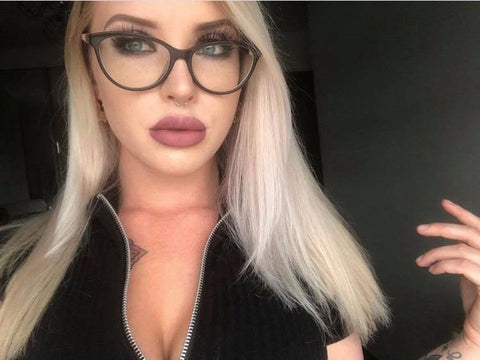
Sabra Carson is one of the new breed of tattoo artists who use social media to publish their work rather than relying of the whims of editors. She came into the industry when print media was already on the decline. I reached out to her to get an opinion and her reply summed up why Skin Deep failed.
“I probably don’t know enough about Skin Deep to be any help to you! Apart from being registered to their Great British show this year, that’s all. I’ve honestly never bought a tattoo magazine in my life!”
It appears that the UK’s biggest selling tattoo magazine just wasn’t selling anymore.
A final thought from the author: "Skin deep failed for many reasons. One of them is that it failed to move with the times. While other magazines ditched the sexist covers Skin Deep emphasized pantie pulling and lip biting over quality tattoos. When it did go for an alternative cover, such as Preston from the Ordinary Boys, it faced a backlash for misjudging its audience. When I first spoke to the editor of Skin Deep, Sion Smith, our conversation got onto the subject of Rockabilly tattoos which Sion hated. Being an old school rocker he refused to put Rockabilly in his magazine; it was clear that Skin Deep was experiencing an identity crisis. I think a huge contributing factor to Skin Deeps failure was simply that with the rise of social media the industry no longer needs Jazz publishing and its magazines. The once all powerful publishers and editors now wear a crown of thorns and their voices are merely echos in a sea of digital democracy."
Yayo... its a family thing.

